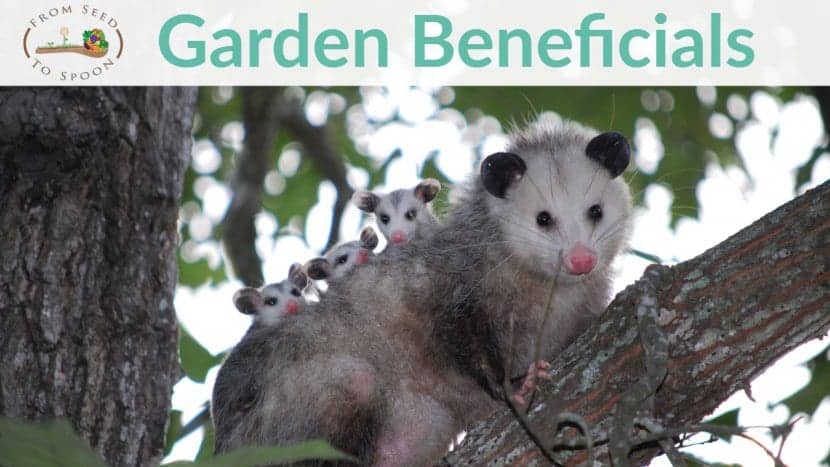Introduction
Many gardeners worry about possums eating their vegetable gardens, especially when crops start disappearing overnight. Understanding whether possums actually eat vegetables, why they might target gardens, and how to protect your plants is crucial for maintaining a healthy garden. This article explores possum behavior, their impact on vegetable gardens, and offers expert-backed strategies to prevent damage.
Do Possums Eat Vegetables in Gardens?
Possums are primarily nocturnal, opportunistic feeders known for their diverse diet. While they prefer fruits, flowers, and insects, they can and do eat vegetables when available. Here are key points to understand:
- Diet Variety: Possums consume fruits, leaves, flowers, insects, and sometimes small animals. Vegetables are a convenient food source when natural forage is scarce.
- Commonly Eaten Vegetables: Tomatoes, corn, beans, and leafy greens are frequent targets.
- Feeding Behavior: Possums tend to nibble on plants rather than uproot them, which can cause patchy damage.
According to wildlife experts, possums generally do not cause as severe damage as rodents or insects but can still significantly impact a vegetable garden if left unchecked.
Why Are Possums Attracted to Vegetable Gardens?
Several factors make vegetable gardens appealing to possums:
Availability of Food
Gardens provide a reliable and accessible food source, especially during dry seasons or in urban areas where natural habitats are limited.
Shelter and Safety
Dense garden foliage offers shelter and protection from predators, encouraging possums to frequent these areas.
Easy Access
Open fences, gaps in garden beds, and unsecured compost bins make it easier for possums to enter and forage.
How to Identify Possum Damage in Your Garden
Recognizing possum activity helps in applying targeted control measures:
- Nibble Marks: Irregular bites on leaves and fruit surfaces.
- Scattered Droppings: Small, dark, pellet-like droppings near plants.
- Tracks: Five-toed footprints, often visible in moist soil.
- Nocturnal Signs: Damage is typically noticed the morning after nighttime activity.
If you spot these signs, it’s likely possums are visiting your garden.
Effective Strategies to Protect Your Vegetable Garden from Possums
Physical Barriers
- Fencing: Install possum-proof fencing at least 1.5 meters high with a smooth surface to prevent climbing.
- Netting: Use garden netting over vulnerable plants to deter feeding.
Habitat Modification
- Remove Shelter: Clear dense undergrowth and trim tree branches that provide access.
- Secure Compost: Use possum-proof bins to reduce attractants.
Repellents and Deterrents
- Natural Repellents: Spray plants with garlic or chili-based solutions to discourage feeding.
- Motion-Activated Lights or Sprinklers: These can startle nocturnal possums and reduce visits.
Trapping and Relocation
In some regions, licensed wildlife professionals can trap and relocate possums humanely. Check local regulations before considering this option.
Real-World Examples and Expert Advice
A study by the Australian Wildlife Conservancy found that urban possums often adapt their diets to include garden vegetables due to habitat loss. Experts recommend integrated pest management combining physical barriers and habitat management as the most effective approach.
Gardeners in New Zealand report success using motion-activated deterrents combined with netting to protect their crops without harming possums.
Conclusion
Possums do eat vegetables and can affect your garden, but understanding their behavior allows you to protect your plants effectively. Using physical barriers, modifying habitats, and applying repellents provide a balanced, humane way to deter possums. Maintaining a garden that respects local wildlife while safeguarding your crops is not only possible but essential for sustainable gardening.
Implement these expert-backed strategies to enjoy a thriving vegetable garden without unwanted possum visits.
